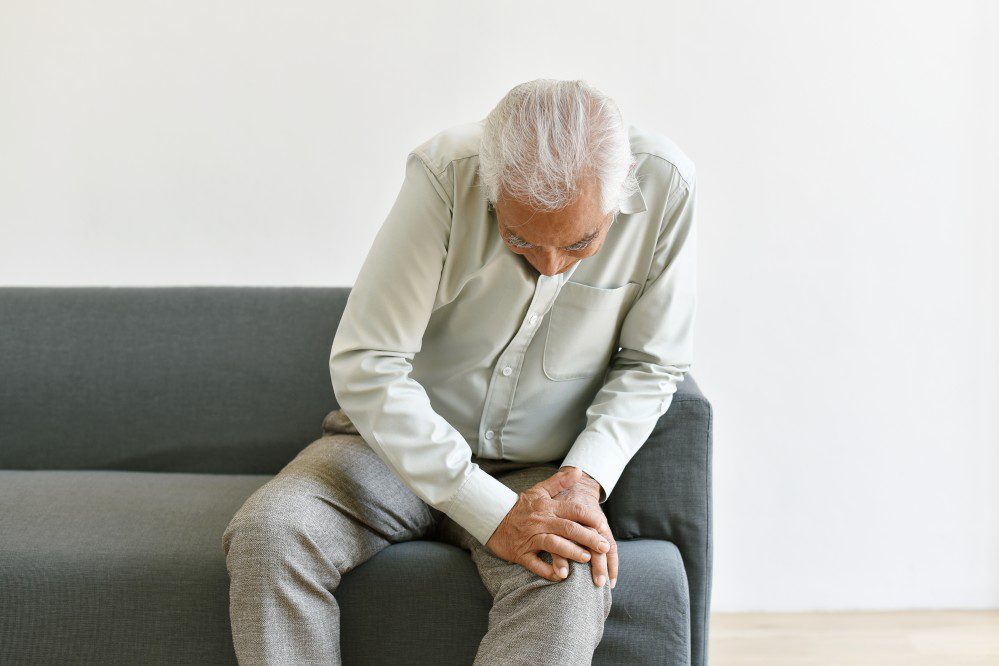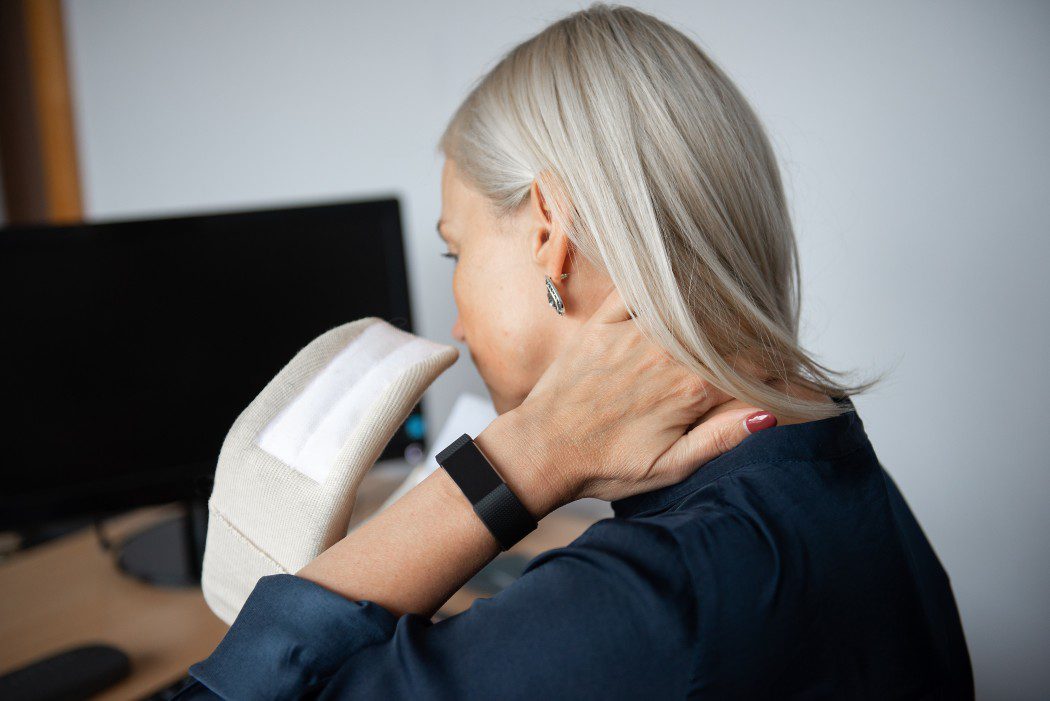Joint Pain Treatments
Joint Pain Treatment Options
Causes
Symptoms
Treatment
Tips
Common Joint Pain Causes
Common and frequently debilitating, joint discomfort can significantly influence an individual's standard of living. Joint pain can have a variety of causes, and identifying the underlying cause can be helpful in treating the pain and keeping the condition under control.
One common cause of joint pain is arthritis, a general term used to describe inflammation in the joints.
- Osteoarthritis, the most common form of arthritis, is caused by the breakdown of the cartilage that cushions the joints, leading to pain, stiffness, and swelling.
- Rheumatoid arthritis is an autoimmune disorder that causes the immune system to attack the joints, leading to inflammation and pain.
- Psoriatic arthritis is a type of arthritis that occurs in people with psoriasis, a skin condition that causes red, scaly patches on the skin.
Another common cause of joint pain is injury or overuse. If you engage in repetitive or high-impact activities, such as running or lifting weights, you may be at risk for developing joint pain as a result of strain on the joints. Injuries to the joints, such as sprains or fractures, can also cause joint pain.
Other potential causes of joint pain include infections, such as:
- Septic arthritis occurs when bacteria or other infectious agents enter the joint.
- Gout, a type of arthritis caused by the build-up of uric acid in the joints
- Bursitis is the inflammation of the small, fluid-filled sacs that cushion the joints.
At Atlas Pain Specialists, our team of experienced pain management specialists is dedicated to helping you find relief from joint pain and improve your quality of life.
Common Joint Pain Symptoms
If you are experiencing joint pain, it is important to be aware of the symptoms so that you can seek appropriate treatment and find relief.
The most common symptoms of joint pain include:
- Pain: This may be a dull, aching pain or a sharp, stabbing sensation. The pain may be constant or may come and go.
- Swelling: The affected joint may be swollen and tender to the touch.
- Stiffness: The joint may feel stiff and difficult to move, particularly after periods of inactivity.
- Redness: The skin around the affected joint may be red and warm to the touch.
- Decreased range of motion: You may have difficulty moving the affected joint through its full range of motion.
Several unique conditions can cause joint pain, each with its own set of symptoms. For example:
- Osteoarthritis: Symptoms may include pain, stiffness, and swelling in the affected joint.
- Rheumatoid arthritis: Symptoms may include swelling, stiffness, and warmth in the affected joint.
- Psoriatic arthritis: Symptoms may include swelling, stiffness, and pain in the affected joint, as well as nail changes and dactylitis (swelling of the fingers or toes).
- Gout: Symptoms may include sudden, severe pain, redness, and swelling in the affected joint, often in the big toe.
Talk to a doctor if you're experiencing joint pain and can't figure out what's causing it. To alleviate your joint pain and enhance your quality of life, turn to Atlas Pain Specialists and our team of expert pain management professionals.
Common Treatments For Joint Pain
If you are experiencing joint pain, it is important to seek appropriate treatment to relieve and manage your condition.
There are several treatment options available for joint pain, including:
- Medications: Nonsteroidal anti-inflammatory drugs (NSAIDs), such as ibuprofen and naproxen, can help reduce inflammation and relieve pain. For more severe cases of joint pain, your healthcare provider may prescribe stronger medications, such as corticosteroids or disease-modifying antirheumatic drugs (DMARDs).
- Physical therapy: It can help improve the affected joint's range of motion, strength, and flexibility. Your physical therapist may use a variety of techniques, such as stretches, exercises, and manual therapy, to help reduce pain and improve function.
- Surgery: In some cases, surgery may be necessary to repair or replace a damaged joint. This may be an option for people with severe joint damage or those who have not responded to other forms of treatment.
- Lifestyle changes: Changing your diet, exercise routine, and daily activities can help reduce joint stress and alleviate pain.
If you suffer from joint pain, our team of pain management experts at Atlas Pain Specialists is here to help you find relief and enhance your quality of life.
At-Home Treatment Tips For Your Joint Pain
There are several things you may do to alleviate your joint pain and enhance your quality of life if you're experiencing it:
- Stay active: Resting and avoiding activities that cause pain may be tempting, but inactivity can worsen your joint pain.
- Use assistive devices: If certain activities are causing strain on your joints, assistive devices, such as a cane or knee brace, can help reduce the load on your joints and alleviate pain.
- Maintain a healthy weight: Carrying excess weight can put additional strain on your joints, particularly your knees and hips. Maintaining a healthy weight can help reduce the burden on your joints and alleviate pain.
- Try hot and cold therapy: Applying heat or ice to the affected joint can help reduce inflammation and alleviate pain. Heat therapy may be beneficial for relieving stiffness, while cold therapy may be more effective for reducing swelling.
- Eat a healthy diet: A diet rich in fruits, vegetables, and whole grains can help reduce inflammation in the body and alleviate joint pain. Omega-3 fatty acids in foods such as fatty fish, nuts, and seeds may also help reduce inflammation and improve joint health.
- Consider over-the-counter or prescription pain medication.
If you are experiencing joint pain that is not improving with self-care measures, it is important to speak with a healthcare professional. They can help determine the cause of your pain and recommend appropriate treatment options.

Chronic Pain

Neck Pain
Ask us anything, or
schedule a same day
appointment.
